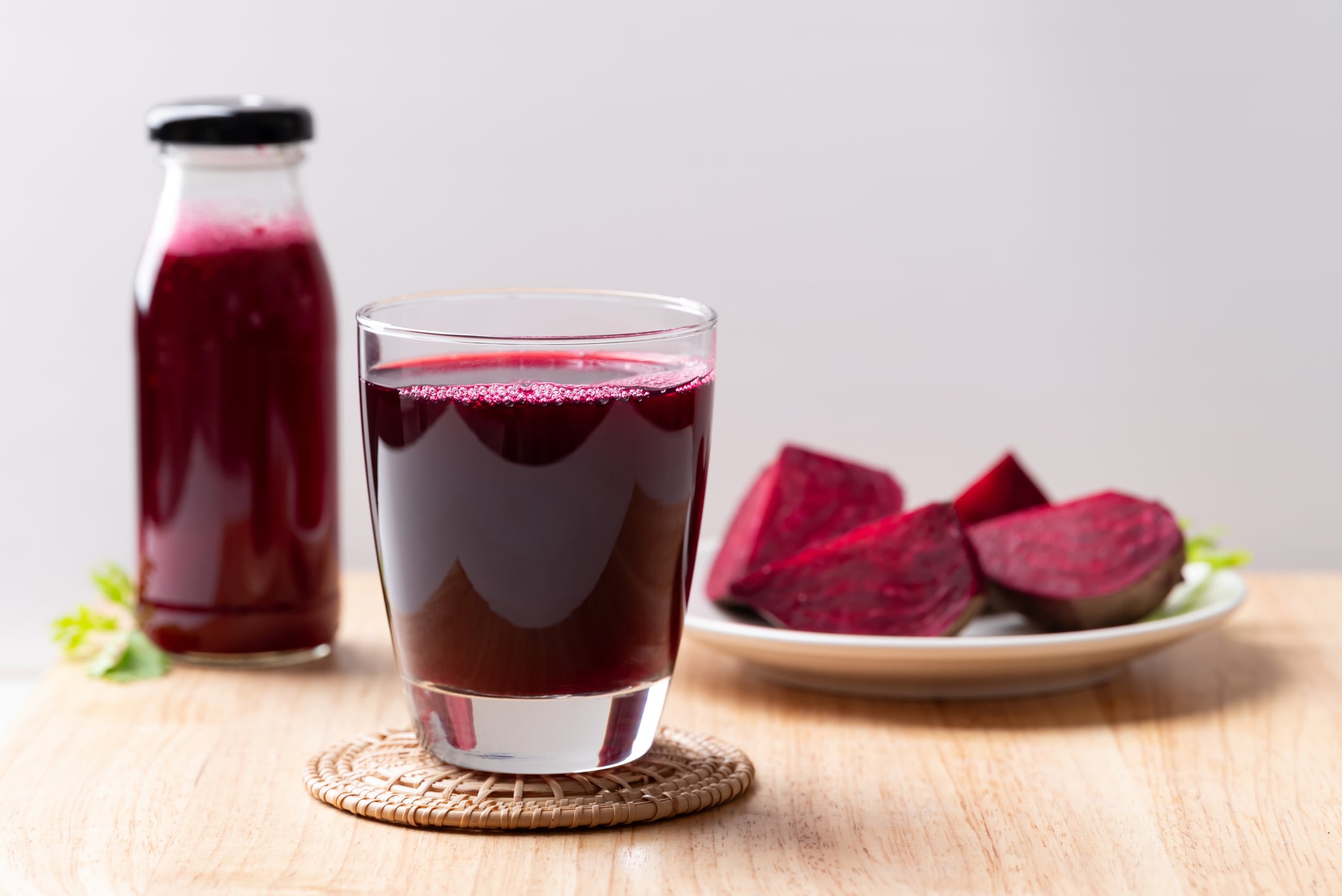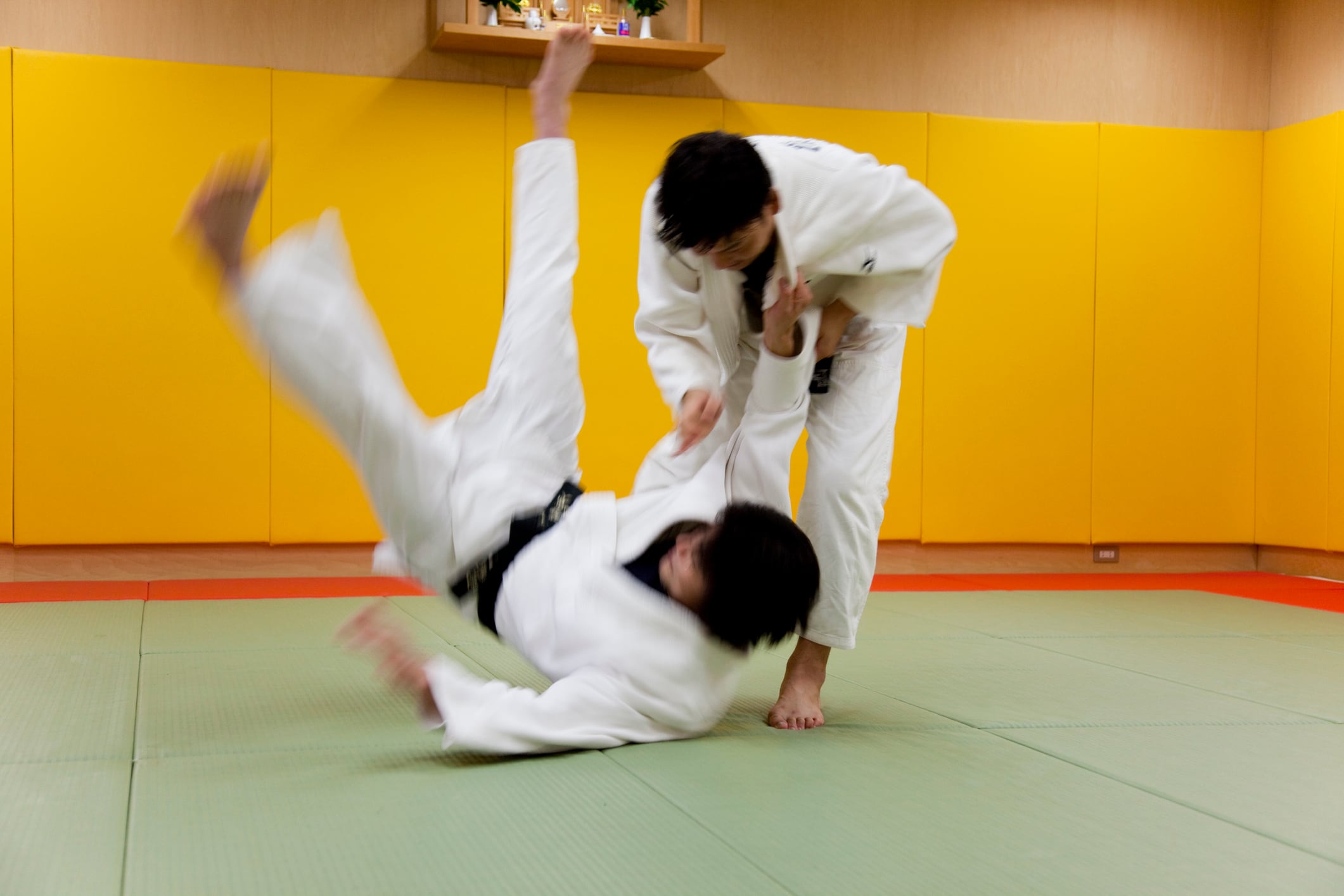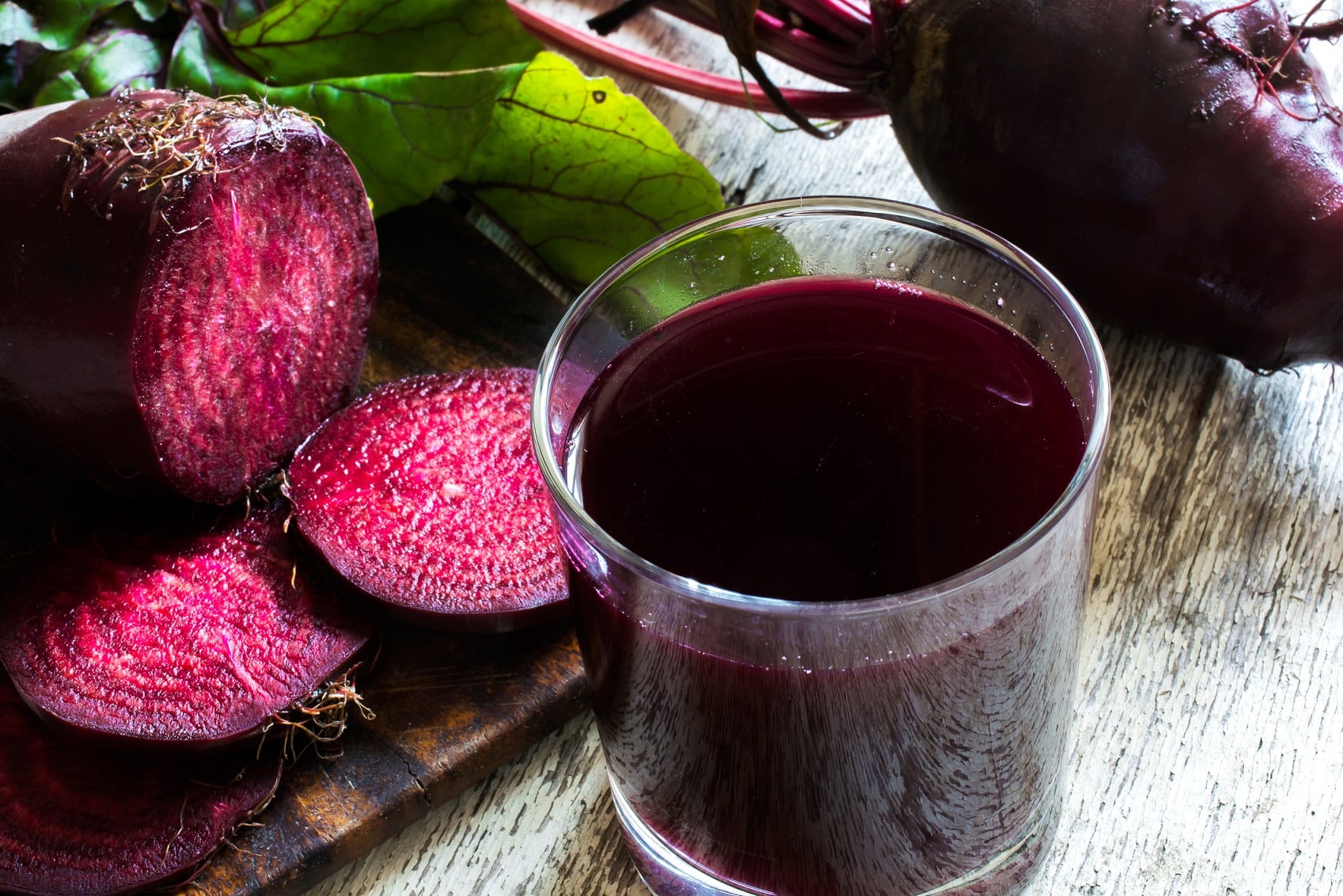The supplement also improved jump height and throws, according to the researchers from Istanbul University-Cerrahpaşa and other institutions in Turkey and the United States.
“These findings support the use of nitrate supplementation as an ergogenic aid for young athletes engaged in high-intensity, intermittent exercise activities,” they concluded.
Combat sports, such as judo, are physically demanding, requiring explosive power, muscular strength and endurance. Judo competitions consist of intermittent periods of high-intensity activity, followed by brief recovery periods, so athletes need to maintain peak performance while managing fatigue.
Previous research suggests that supplements that enhance nitric oxide levels can benefit exercise performance. However, there have been few studies evaluating the effects of beetroot juice on combat sports performance, and most have used adults as the study population, thereby limiting the applicability of the findings to younger athletes.
Nitric oxide mechanisms
Nitric oxide (NO) is a key signaling molecule produced from the amino acid L-arginine in the presence of oxygen and required cofactors. It is involved in processes such as vasodilation, mitochondrial function and muscle contraction, helping prevent fatigue during exercise.
However, the NO pathway can be inhibited by a reduced oxygen supply in tissues during exercise, and bioavailability can be a limiting factor in performance. Beetroot juice is naturally rich in nitrates, which can increase NO availability in the body and muscles.
“The proposed mechanisms underlying these performance benefits include improved endothelial function, oxygen delivery to working muscles, mitochondrial efficiency and skeletal muscle metabolism and contraction,” the current study noted.
The researchers suggested that beetroot juice supplementation “may enhance parasympathetic recovery mechanisms post-exercise, possibly through NO’s effects on autonomic nervous system regulation and improved muscle metabolic efficiency.”
Additionally, they noted that explosive power, maximal strength and judo-specific performance rely heavily on the phosphocreatine (PCr) energy system and acute beetroot juice supplementation “likely lowers the PCr cost of force production during randori and accelerates PCr resynthesis between bouts thereby enhancing force recovery and subsequent performance.”

Study details
The crossover trial involved 35 healthy adolescent male judo athletes who were randomly assigned to consume either 140 ml of beetroot juice or a placebo, with a seven-day washout period.
Each session consisted of a four-minute randori (free-style sparring practice) followed by the Sargent jump test, back-strength dynamometer pulls, handgrip dynamometer trials and the Special Judo Fitness Test (SJFT).
The researchers reported that, compared to the placebo, beetroot juice significantly increased jump height by 3%, back-muscle strength by 3.2%, handgrip strength by 8.4% and total SJFT throws by 2.4%. The supplement also reduced the one-minute post-SJFT heart rate and improved the SJFT index. The immediate post-SJFT heart rate and perceived exertion did not differ.
“The reduction in heart rate recovery following the SJFT, while immediate post-exercise heart rate remained unchanged, suggests improved cardiovascular efficiency rather than altered peak cardiovascular stress,” the researchers noted.
Additionally, the rate of perceived exertion did not differ between groups despite improved performance, indicating that athletes may achieve greater work outputs at similar subjective intensity levels.
”This finding has important practical implications, suggesting that nitrate supplementation allows athletes to train at higher intensities without experiencing proportional increases in perceived effort,” the researchers wrote.
Source: Frontiers in Nutrition, 2025, Volume 12, doi: 10.3389/fnut.2025.1669799. “Acute beetroot juice supplementation enhances judo-specific performance, explosive power, and muscular strength in recreational adolescent judokas: a randomized crossover trial”. Authors: A. Demirli, et al.



